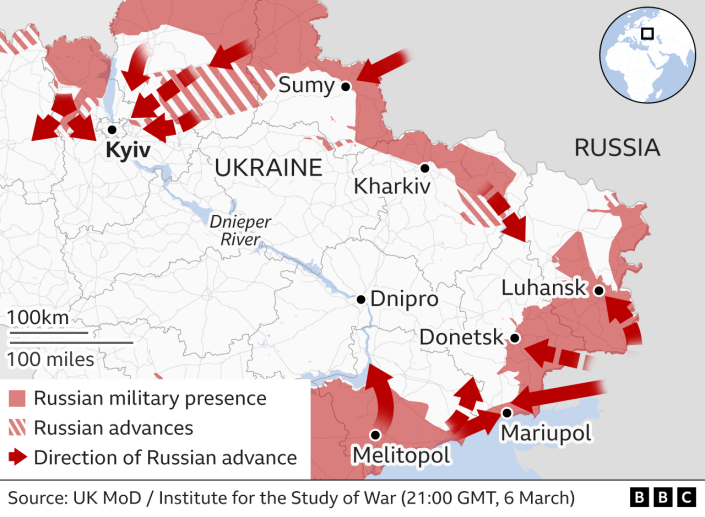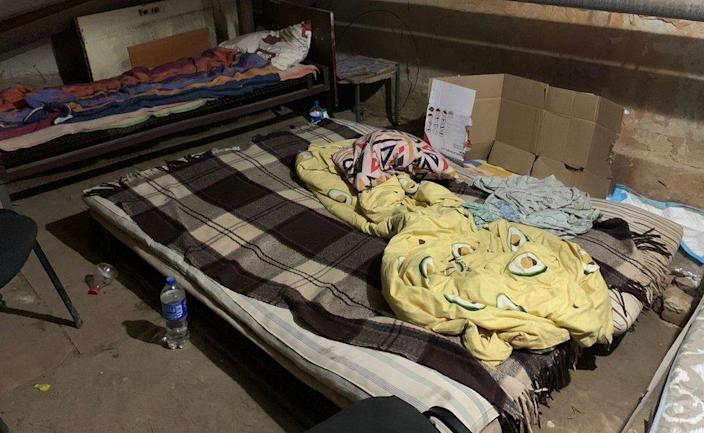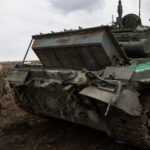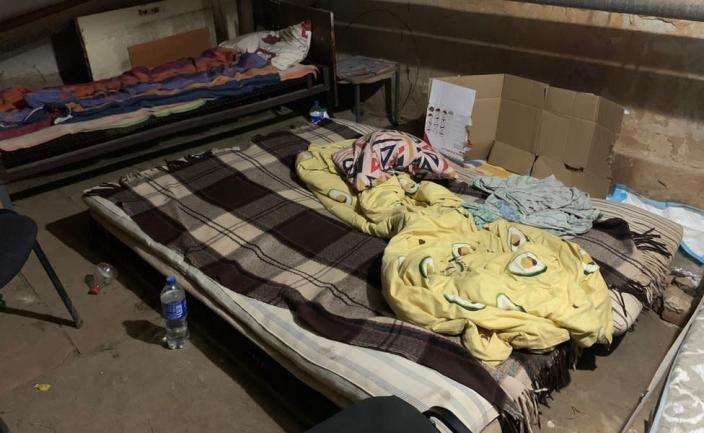
Nigerian veterinary student Samuel Otunla has been stuck in the north-east Ukrainian city of Sumy since the outbreak of the conflict. Ahead of reports that evacuations have begun, he sent the BBC an account of life in a city that is close to the Russian border and frontline.


The whole experience over the past 10 days has been nothing short of traumatic.
In cities further west, civilians have been able to leave and cross the border to safety in Poland, Romania, Hungary or Slovakia but we have been unable to leave Sumy.
The railway has been closed so there are no trains.
The main roads are largely inaccessible – some have been destroyed to stop Russian troops from advancing, while others have been totally blocked and taken over by the Russians.
Nevertheless, there are civilians who have made it out by road managing to negotiate their way through all the checkpoints. Others have tried and have either been shot at and forced to turn back or have reached dead ends where broken bridges have made it impossible to proceed.
Yes, it is possible to leave Sumy but it is extremely risky – and expensive.
Expensive because the Ukrainian drivers who are able to transport students are charging between $2,000 and $5,000 (£1,500 and £3,800) for a drive down south of 200km (124 miles).
After that anyone fleeing needs to catch a free train to a city in the west, like Lviv, and then cross the border.
So, in reality, we can’t get out.
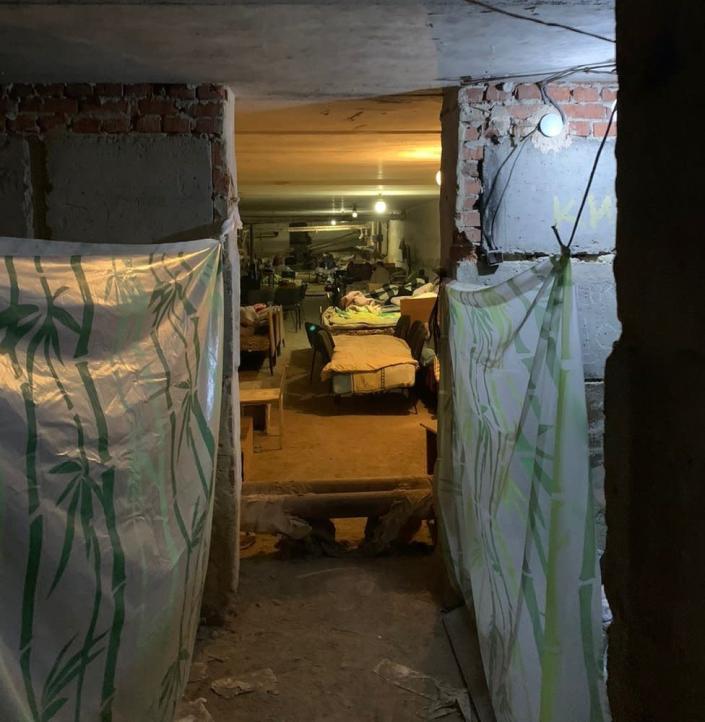

Officials from Sumy National Agrarian University told us a couple days ago that there were discussions to set up a humanitarian corridor to allow civilians to leave Sumy and other areas safely.
On Monday, buses had been prepared so that students could be moved but unfortunately the Russians have not agreed to a ceasefire so the Ukrainian government cannot, for our own safety, transport us.
The Nigerian government has helped students get back home but, so far, only once they have managed to cross the western border, which is 1,300km away – so that doesn’t help us, at least not yet.
The Nigerian embassy in Russia (and other African countries I understand) has offered us the option of being taken to Russia and evacuated from there.
Many students have rejected this idea and rightly so. Russia is the enemy.
The best option is to get us to the west.
Meanwhile in Sumy, we are constantly getting safety warnings from the military. When the siren goes off everyone has to run down to the bomb shelters for safety.
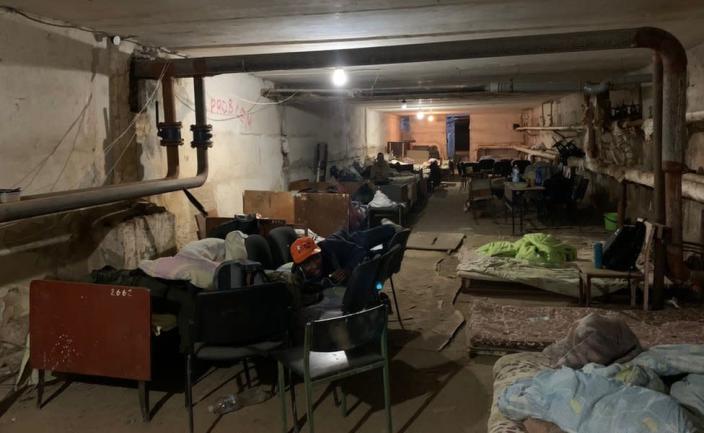

Usually from down in the shelter, we hear the shelling and gunfire.
I, together with over 60 international students, Ukrainian students and hostel staff have spent the past seven nights in a dusty basement that doubles as a bomb shelter. It’s not a good experience.
We’ve received financial help from different organisations and through these we have been able to get groceries and other supplies.
We don’t know how much longer we will be here but we may need more supplies soon.
War in Ukraine: More coverage
Last Thursday, 3 March, was one of the most terrifying days.
Once we got the safety warning and arrived in the basement, we heard one of the loudest explosions and after a few minutes the electricity went off – not just in our area but across the whole city.
The water was also cut off.
Though it was restored 17 hours later it was an uncomfortable experience.
There is a military base
Also, there is a military school about a kilometre from the where I am at the Agrarian University and on the first day of the war it was attacked.
When we went out for groceries a couple of days later, bodies of dead Russian soldiers were still laying all over the street.
So far there have been explosions on 10 days out of 11 – in other words, only one peaceful day.
This is our daily routine:
-
Leave the basement/bomb shelter between 06:00 and 08:00
-
Spend the rest of the morning cleaning up, cooking and having breakfast
-
At noon we have lunch that is provided by the university
-
After lunch we look for groceries and try and figure out how to leave the city
-
By late afternoon we’re back in the hostel until the safety warning
-
The night is spent in the basement
It is all extremely stressful.
Since the war began we have experienced trauma, sickness, stress and weariness but amid all that, we have also experienced friendship and love.
The administration at my university has been so helpful and supportive – but things may be different at other colleges in Sumy.
All students here are willing to help each other. We have shared meals, medicines, blankets and mattresses. We have played games together, prayed together and laughed together but more than anything, we want to be evacuated together.
We don’t like it here.
